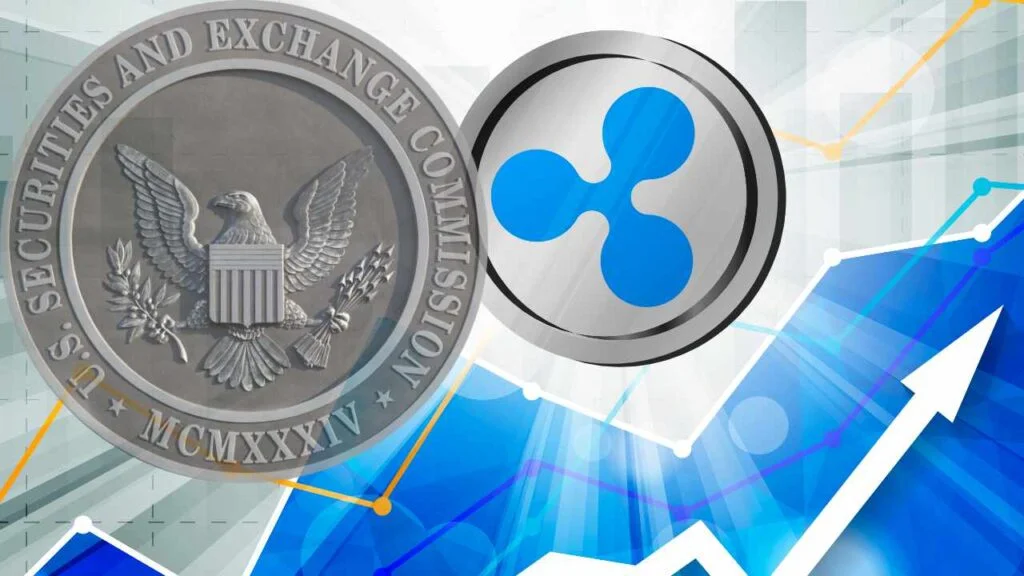In the quest for regulatory clarity, the XRP Lawsuit remains crucial for the entire cryptocurrency industry.

The U.S. Securities and Exchange Commission (SEC) and Ripple await a crucial summary judgment in their ongoing legal dispute. The unanticipated delay in the XRP lawsuit verdict has kept the cryptocurrency industry looking for regulatory clarity.
More Delay on XRP Lawsuit
Marc Fagel, a retired securities attorney, stated that a 2018 study of a federal case indicating that a summary judgment in a federal district court typically takes around six months needs to be corrected. The XRP lawsuit has been pending for approaching seven months.
Attorney John Deaton, who represents XRP holders in the litigation, stated that Congress would not have enacted the 6-month rule if Federal District Courts averaged 1-3 months for summary motions.
Neil Hartner, a senior software engineer at Ripple, mentioned the summary judgment in the US SEC vs. LBRY lawsuit. He recalled that those who followed the LBRY case believed the judge was taking excessive time to proclaim the verdict.
However, this was viewed as a positive indicator for the defendant, and the judge announced a ruling in favor of the US SEC. It took the court over four months to issue a summary judgment ruling.
The attorney for XRP holders stated that there is a significant distinction between XRP and LBRY lawsuits. The number of filings in the Ripple case is tenfold that of LBRY. While LBRY’s legal counsel asserted that clauses 1 and 2 of the Howey test were satisfied, they did not address prong 3. As it was a two-part examination, prong 3 remained the most challenging.
As the common enterprise issue is being challenged in this case, the XRP litigation remains crucial. While the issue of consumptive intent remains, it only satisfies the first factor because it is not an investment.
